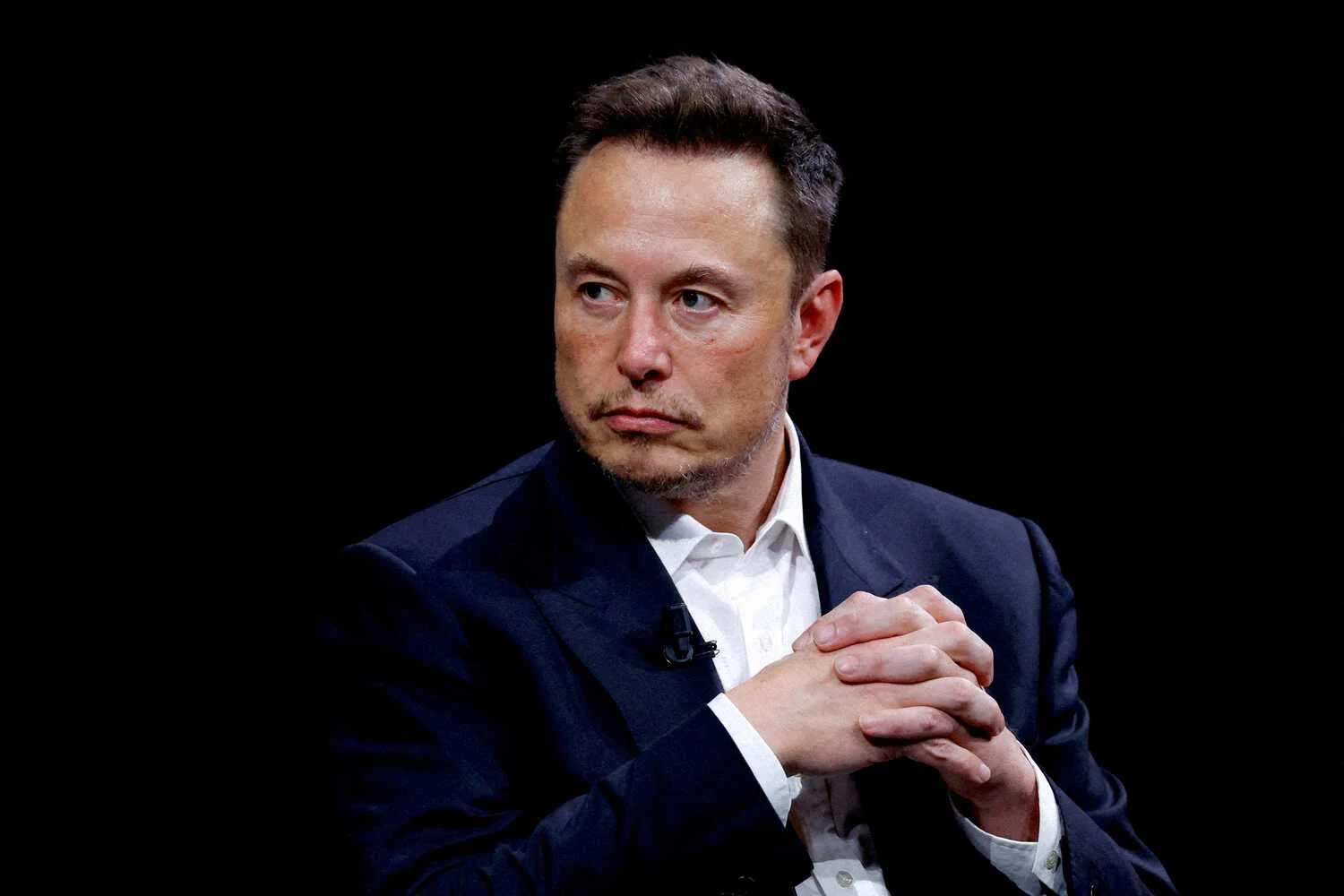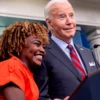Elon Musk recently slammed the Federal Communications Commission (FCC) for cancelling an $885 million grant to SpaceX’s satellite internet service Starlink. The award was to be used to bring high-speed internet service to more than 640,000 rural households and businesses in 35 states. Musk’s anger expressed online on X (previously Twitter) indicated that this choice might have cost lives in the eye of Hurricane Helene in North Carolina. “If the FCC hadn’t unjustly withheld the SpaceX Starlink prize, it would have probably saved lives in North Carolina,” he tweeted. Lawfare costs lives.”
Musk’s accusations call to the attention of the FCC’s 2023 decision after Starlink had secured a contract in 2020 under the Rural Digital Opportunity Fund (RDOF). The fund was established to provide broadband access to rural communities which has been sorely lacking for millions of Americans. In the FCC’s refusal to uphold the award to Starlink, this decision came as a surprise and caused questions of both regulatory intent and political bias.
The FCC Takeover: A Blowout Opportunity
The FCC concluded in its decision that Starlink “would not be reasonably capable” of satisfying the program’s conditions including the promise of being able to offer ultra-low latency 100/20 Mbps services to at least 40 percent of the sites by December 2025; and Starlink was simply unprepared to satisfy the technical criteria for large-scale broadband deployment.
The FCC Commissioner Brendan Carr criticized the agency’s position in a dissent noting the bias in the determination process. Carr had argued that the FCC instituted an unrelated new review standard and limited that standard to Starlink. Starlink, in Carr’s view, had already shown that it could meet the RDOF standard with lengthy 2021 and 2022 filings “Starlink did exactly that in a long series of submissions that it submitted to the FCC over the course of 2021 and 2022… In fact, the record itself is undeniable that Starlink can be reasonably believed to provide qualifying high-speed Internet service to the required number of locations by the end of 2025.’ The Commission’s decision doesn’t even consider that evidence, it just dismisses it,” Carr wrote.
The Overall Effect: Political Purpose?
Musk’s anger extends beyond the rudiments of the FCC’s ruling. The billionaire has long implied that political incentives could be involved, especially since he bought Twitter (X) in 2022 – Musk is a strong believer in free speech and has been a vocal critic of regulatory agencies and government intervention in the private sector since taking over the social media site. The Biden administration, notably committed to bringing top tech leaders to justice, had already hinted that Musk’s commercial life was going to be examined.
In 2022, at a White House press briefing, President Joe Biden said Musk “should be studied,” which gave the business community pause. Since then, federal regulators, such as the FCC, seem to have become more adamant on Musk’s business, particularly SpaceX. They suggest that the FCC’s cancellation of the Starlink award may have been a larger effort to put pressure on Musk’s companies given his rising technological, space and communications power.
There’s no clear evidence that the FCC was politicized to make this move, but given the timing of the move, it’s often suggested that the FCC is responding to Musk’s growing disaffection with and critique of regulations. Musk’s outspoken pro-deregulation positions, coupled with his ascendancy in the major industries, have put him at odds with areas of the federal government.
The Potential Consequences
This issue is being highlighted by the FCC’s denial, which came to light when Musk claimed that Starlink’s satellite internet connection could have saved people’s lives during Hurricane Helene. One of the most ravaged states by the hurricane was North Carolina, where infrastructure was devastated and phone services were cut in some rural areas. Musk also noted that Starlink could have provided critical internet access to these areas so rescuers could more effectively coordinate efforts and give aid.
If Starlink had received a green light to build its $885 million broadband network, most rural communities, including those hit by Helene, would still have had decent internet service. Musk’s remark that “lawfare costs lives” expresses his belief that government intrusion and obfuscation are costing lives in America by cutting off access to services.
Starlink’s suspension has broader implications for rural broadband in the United States As the need for rural broadband increases, it’s often assumed that bureaucratic barriers are holding back the development. SpaceX had long been one of the few businesses to offer satellite-based broadband, bringing broadband quickly to remote and rural areas. However, the FCC’s move can delay the introduction of next-generation internet access to communities that need it most.
In the Future: What Comes Next for Starlink?
The failure to win in the FCC is not stopping Starlink from growing its services around the world, with more satellites launched and more customers using its internet service. Starlink has already had success in many rural and underserved communities by being a substitute for traditional broadband providers.
As SpaceX builds its internet service, the FCC decision controversy begs the question of how to regulate innovation by government. Will the regulators support emerging technologies and companies to close the infrastructure loopholes or remain behind the blockade of pre-existing regulations?
At least temporarily, Musk’s fight with the FCC over Starlink is an outgrowth of a larger tug-ofwar between private invention and state control. With the growing tech landscape, this debate is likely to grow, and the trade-off between regulation and innovation is an issue that will shape the future of US technology and infrastructure investment.
Musk’s criticism of the FCC for denying Starlink its $885 million grant also underscores the influence of government regulation on technology development. Even though Starlink wasn’t technically viable, according to the FCC, in both the dissent by Commissioner Brendan Carr and Musk’s own arguments it’s possible that the vote was politically driven.
The fight for rural broadband connectivity, state regulation and the place of private industry will be ongoing as entrepreneurs such SpaceX venture to the brink of new innovation. To the nth degree, the Starlink award’s demise represents a real defeat in the digital divide battle and may continue to impact us for decades to come, particularly in light of natural catastrophes such as Hurricane Helene.






